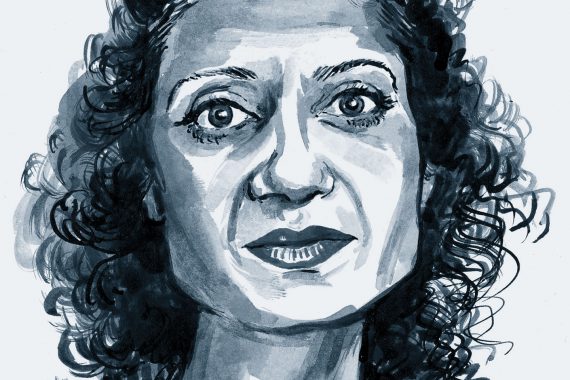The risks of noctors, phoctors & mocktors

Lying on a beach sipping an ice cold mocktail seems a distant memory to me now, with summer well and truly over. Don’t you just love the term mocktail? It’s a cocktail but without any of the alcohol. It’s a bit like ‘noctor’ – a word I’ve never been entirely sure about. Is it anyone who is not a doctor? Is it a nurse acting as a doctor? Is a ‘phoctor’ a pharmacist performing our role or an orthopaedic physiotherapist running a spinal clinic? And what of the newest addition to this lexicon – a physician associate?
What all these professionals have in common is this – they are not medical doctors. They are highly trained and skilled professionals in their own right, and know their subject area in greater depth than us. But they are not generalists and they were never trained to manage risk and uncertainty.
We all know the impossible balancing act that is happening in primary care right now. Patient demand is escalating and GP numbers are dwindling. We can do one of two things to put this right: manage demand or increase GP numbers. As the former is political suicide and the latter entails cloning, the Government (supported by our college) has decided to increase the numbers of noctors, phoctors and mocktors (mock doctors).
If you carry the medicolegal risk of six other individuals as well as yourself, what do you do?
Just to be clear – I fully support multidisciplinary working. Our practice was one of the first in the area to employ a nurse practitioner and we also have a practice nurse partner who is worth her weight in gold (and more). My concerns lie mainly around the medicolegal risks of delegation. At the moment, the medical defence organisations are happy to cover the indemnity of the odd one or two nurses, within a group premium. However, if there are more non-doctors than doctors to cover within the group, they are certain to be less generous. And these indemnity fees are likely to be even greater than the current astronomical costs of GP indemnity because the risks will be perceived as higher. The real question is, who will pay for it? I have a sneaking suspicion it will fall on the shoulders of the partnership, unless we make a stand as a profession about indemnity fees.
So in this brave new world of general practice, we will have large super-practices run by a handful of GP partners (or more likely by Virgin) with a large salaried payroll consisting of GPs and various mocktors. As a salaried GP, you will be consulting, as usual, at 10-minute intervals. In addition, you will be answering dozens of messages flashing up on your screen as you will be supervising two trainees, two nurse practitioners, a pharmacist and a physiotherapist. Then at the end of morning surgery, you will be debriefing six other professionals before starting to wade through the blood tests and letters diverted to you as the only one who can fully interpret them.
If you carry the medicolegal risk of six other individuals as well as yourself, what do you do? Well, it’s obvious isn’t it? You go shopping for some shorts and suntan cream and buy a one-way ticket to Australia. And GP numbers will dwindle further…
Dr Shaba Nabi is a GP trainer in Bristol
Pulse October survey
Take our July 2025 survey to potentially win £1.000 worth of tokens










